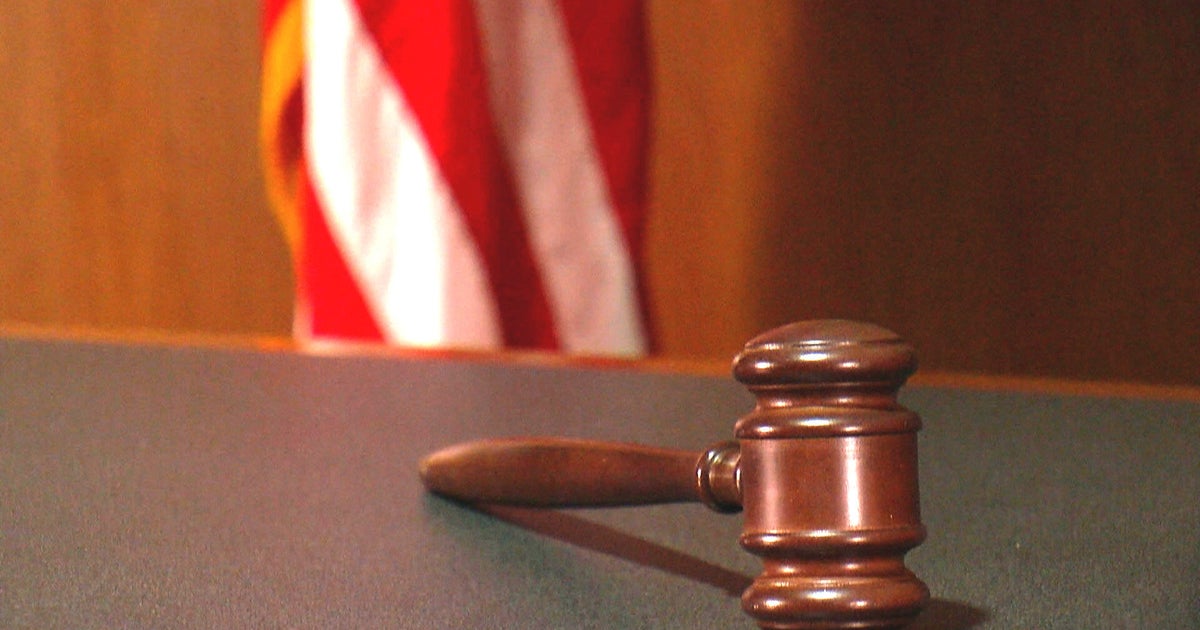Why one city is planning a new income tax on the rich
Seattle's tech boom may have lifted the fortunes of some, but many less fortunate residents are struggling. Now, its City Council has a solution: a new tax on the rich.
Seattle's wealthiest would become the only Washington state residents to pay an income tax under legislation approved by the City Council, a measure designed as much to raise revenue as to open a broader discussion about whether the wealthy pay their fair share.
The council voted unanimously Monday to impose a 2.25 percent tax on the city's highest earners. Personal income in excess of $250,000 for individuals and in excess of $500,000 for married couples filing joint returns would be taxed.
The measure is certain to face a court challenge from opponents who call the tax proposal illegal, unconstitutional and a waste of taxpayer money. City leaders are likely to keep expanding and increasing the tax over time, they said.
The council is "going to unanimously adopt an illegal income tax that has no hope of taking effect and will waste taxpayer resources on litigation the city is sure to lose," said Jason Mercier, who directs the center for government reform with the Washington Policy Center,
Supporters of the new tax say the city's economic growth and prosperity has created significant wealth and opportunity, but it has also exacerbated the affordable housing crisis that has put a strain on those in lower income brackets.
Washington is one of seven states without a personal income tax, and a state law passed in 1984 prohibits a county, city, or city-county from levying a tax on net income.
"We have an increasing affordability gap between the have and have nots. The middle class is being squeezed as well. And one of the reasons is our outdated, regressive and unfair tax structure," said Councilmember Lisa Herbold, who co-sponsored the measure.
"This is a big step forward in Seattle but it's also hopefully a big step forward for our state," she said before the 9-0 vote.
A Seattle tax would be a step toward building political momentum for the state and its other cities and towns to enact progressive tax systems, the city council said in resolution earlier this year endorsing the idea of an income tax.
Those who testified in favor of the bill Monday included tech workers who said they were wealthy and favored being taxed to maintain city services and ensure the city remains a place for all incomes. One person called the tax misguided.
At a rally Monday before the vote, Seattle Mayor Ed Murray said the city expects a legal challenge.
"We welcome that legal challenge. We welcome that fight," he said. If the city wins that battle, "it won't just be Seattle that's doing a progressive income tax," he added.
The city estimates the income tax will raise about $140 million a year. Revenue could be used to lower property taxes, pay for public services such as transit and housing, replace any federal money that is lost and meet carbon reduction goals.
Voters in the state have rejected personal income tax-related measures at the statewide ballot several times over the past eight decades. They did approve an income tax in 1932, but the state Supreme Court ruled the measure unconstitutional the following year.
Mercier said there is decades of case law saying that a graduated income tax is unconstitutional because income is property and under the constitution, property tax has to be taxed uniformly and no more than 1 percent.



